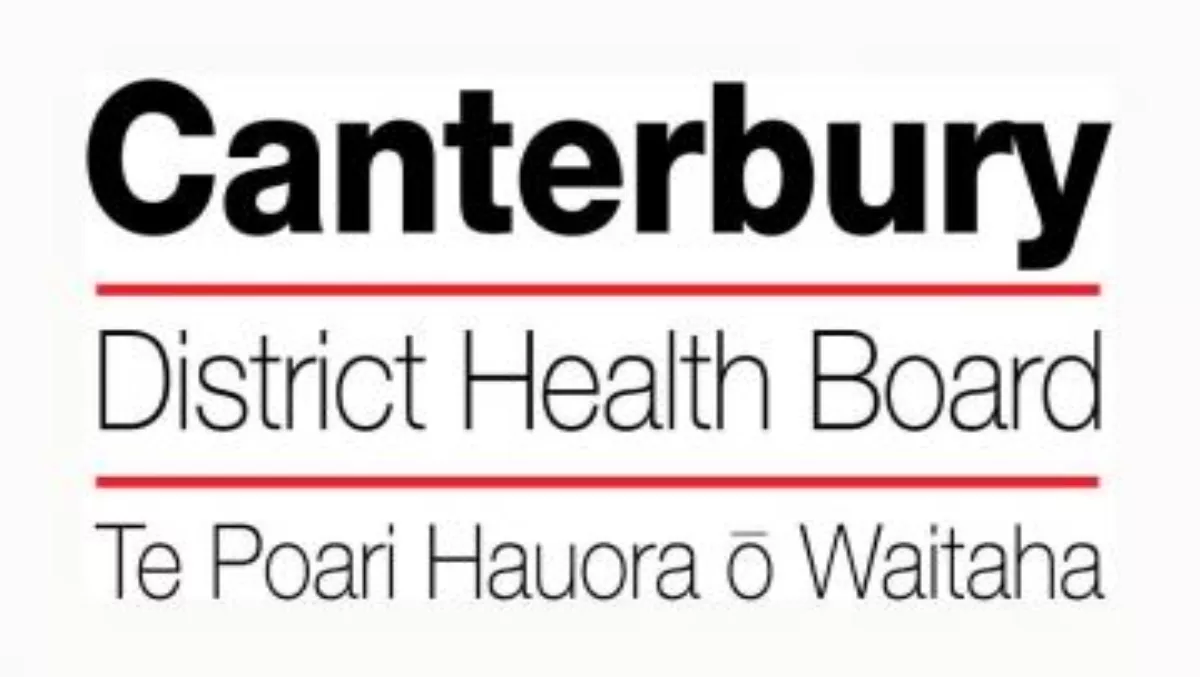
Preperations paid off
Though he has been in charge of the IT services for the Canterbury District Health Board (CDHB) for years, the past year has been unusually challenging for CIO Chris Dever in the wake of the earthquakes that shook the region. Yet, this is a manager who is not afraid to give praise where praise is due."My team are the stars of the day! Large numbers of our staff responded to the major quakes even when, in the event of the February 22nd and June 13th quakes, many of their own houses were damaged and their sections covered in mud,” Dever says."Obviously, as a health organisation, as well as ensuring that the servers are still running, there is much activity for the IS group in these situations - setting up emergency response centres, moving displaced staff, providing additional cellular phones etc. In all matters the employees’ performances were outstanding.”Infrastructure across the CDHB had obviously suffered considerable disruption. Dever points out that much of the damage was unseen, buried in service ducts across the many buildings that make up the CDHB environment. The computer services continued with very little disruption through all significant events."Generally, the IT resources handled the shakes well, and my staff can feel very proud that the work they have done over past years to ensure that the hardware was ship-shape paid off when tested,” he says.He says the IT environment at the CDHB is by nature very complex, and they have disaster recovery plans in place. After each event, the response was reviewed and some minor changes were incorporated. Reflecting over the lessons learned from the extreme situations after the quakes, Dever mentions these points as his experience:
- Modern telecommunications is very robust. We have a very extensive telecommunications network running across the city. These links run over copper and fibre and are supplied from both national telecommunications providers and local providers. We had no telecoms issues across any of the events.
- Great staff and good teamwork are essential.
- When incidents run for several days or weeks it’s very important to send people home so that fresh staff can take over in the next shift.
- Time must be made for staff to be able to organise their personal situation. Many had damaged houses and sections, distraught families and some had family tragedies. It’s important to ensure that skills are spread.

